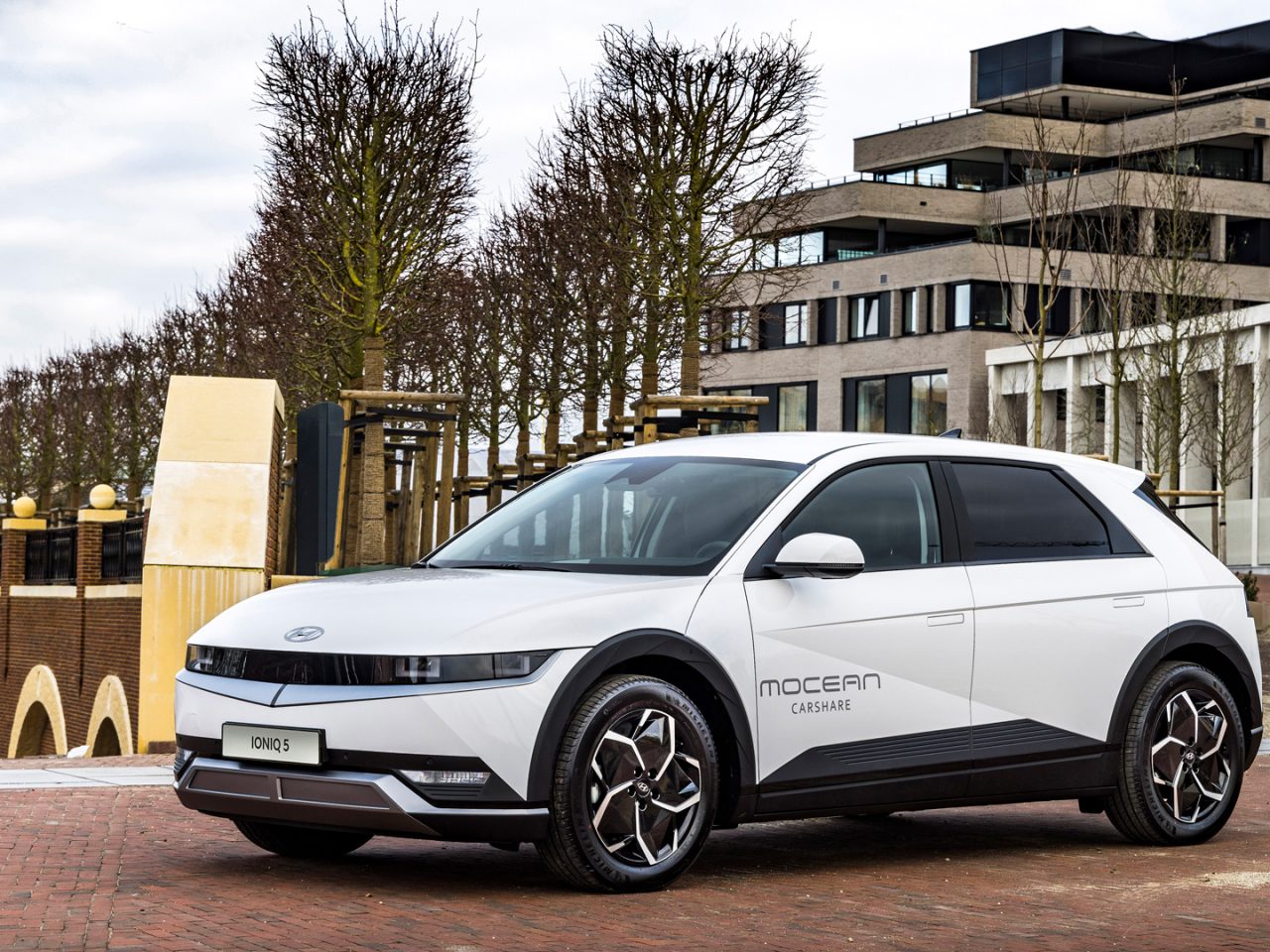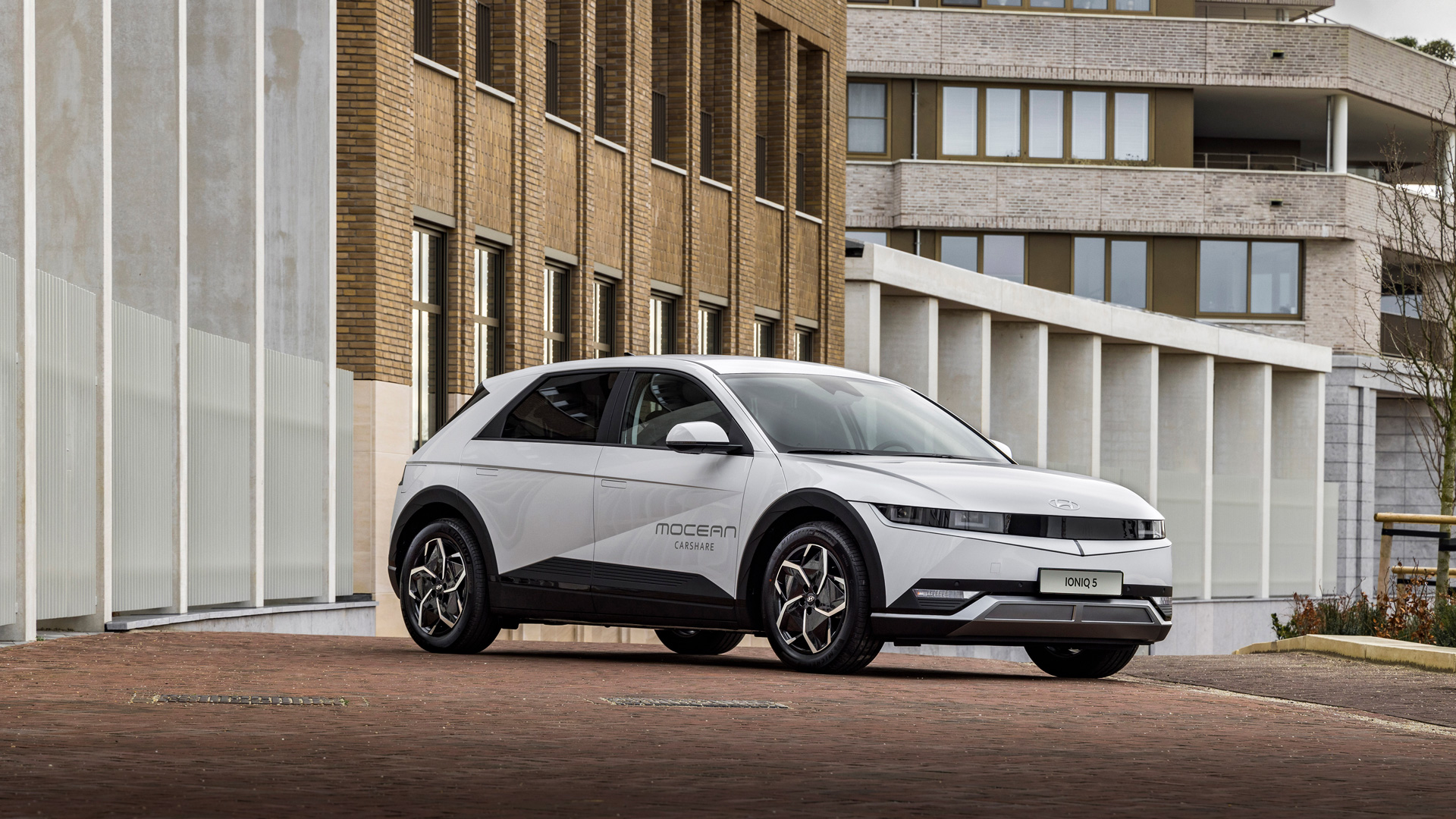Shared car: why Hyundai tries it anyway
“With Mocean, Hyundai is once again demonstrating its leadership in the field of future mobility solutions,” Tjalling Hollander, Managing Director of Hyundai Motor Netherlands, told AutoRAI.nl. Mocean is the name of the car-sharing project that is part of the brand’s Mobility-as-a-Service (MaaS) mobility services.
Nice words
“This car-sharing project is the perfect example of how Hyundai is connecting its mobility services to its electrified models to help society develop sustainably,” continues Hollander. Nice words, but for the time being that society is limited to the residents of 125 apartments in Greenville. This is a sustainable new-build project in the Leidsche Rijn district of Utrecht (text continues below the photo).

Book via an app
The residents of Greenville can take out a special subscription for this purpose. After this, they can reserve a Hyundai Ioniq 5 via an app and – as soon as available – board. Not at the same time as all neighborhoods, because Hyundai is currently making two copies of its leading battery-electric car available. The project will last three years. It is the intention that other residential areas in Utrecht and other cities will follow in due course.
Shared car: not very popular yet
Whether this expansion will succeed remains to be seen. Research by the Knowledge Institute for Mobility Policy (KiM) from October 2021 shows that only about 200,000 people have used a shared car once in the previous three years. According to the research, this is equivalent to approximately 2% of people aged 18 and older with a driver’s license.
In other words: the shared car is not (yet) very popular. This concerns shared cars from private individuals for private individuals, either via a platform such as SnappCar. If we include business shared cars, the percentage rises to approximately 6.4.
Shared car is increasing in number
According to KiM, the share of shared cars in the number of car trips is very small: 0.02%. Moreover, this percentage has not grown since 2014. The number of shared cars is also increasing. The same research shows that more than 64,000 shared cars were tethered in the spring of 2020, an increase of 26% compared to 2019. This concerns shared cars of both private individuals (C2C, Consumer-to-Consumer) and companies (B2C, Business-to-Consumer).
According to KiM’s research, car sharing does lead to less car ownership. And that’s what it’s all natural to do, including Hyundai.

